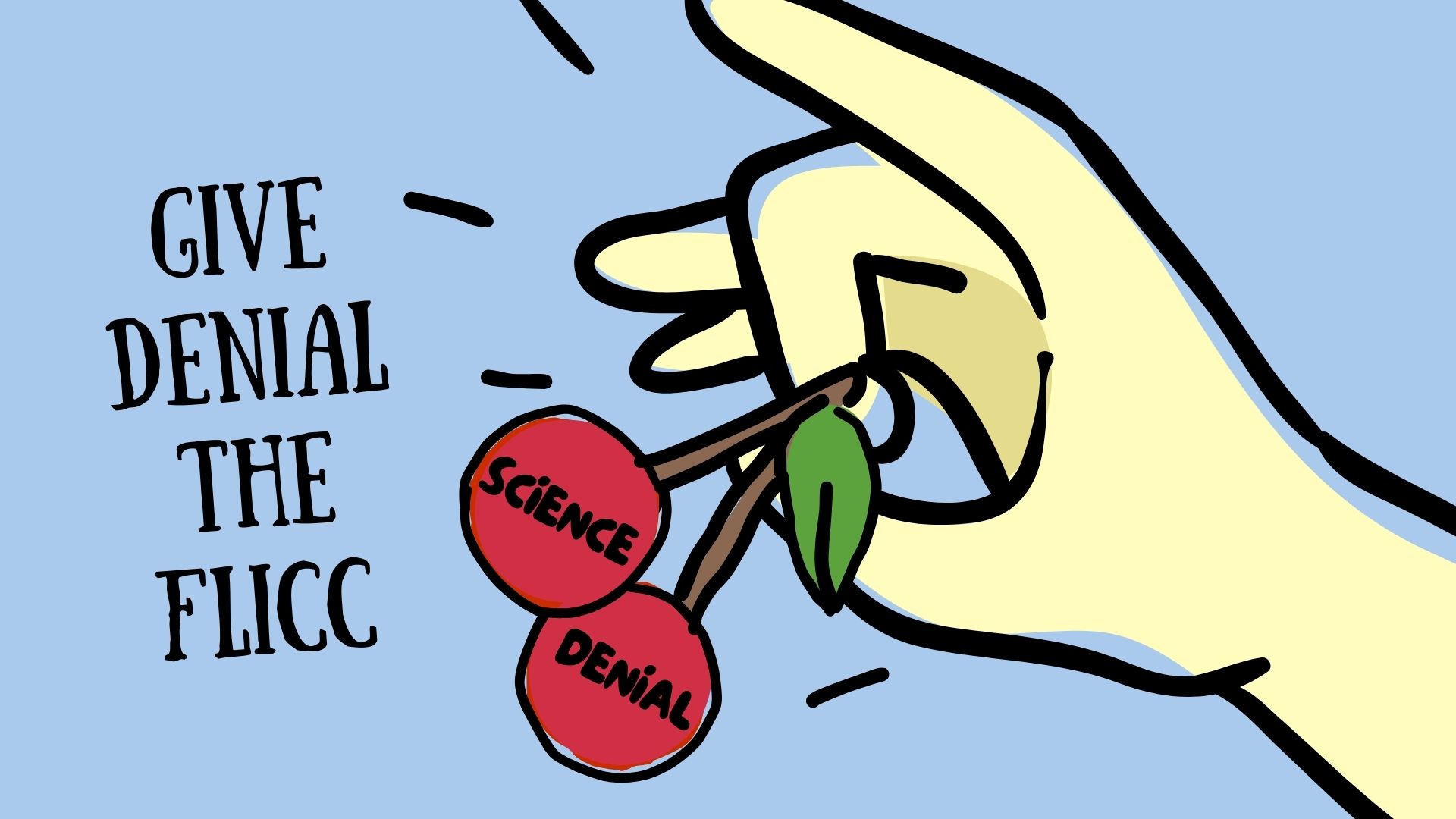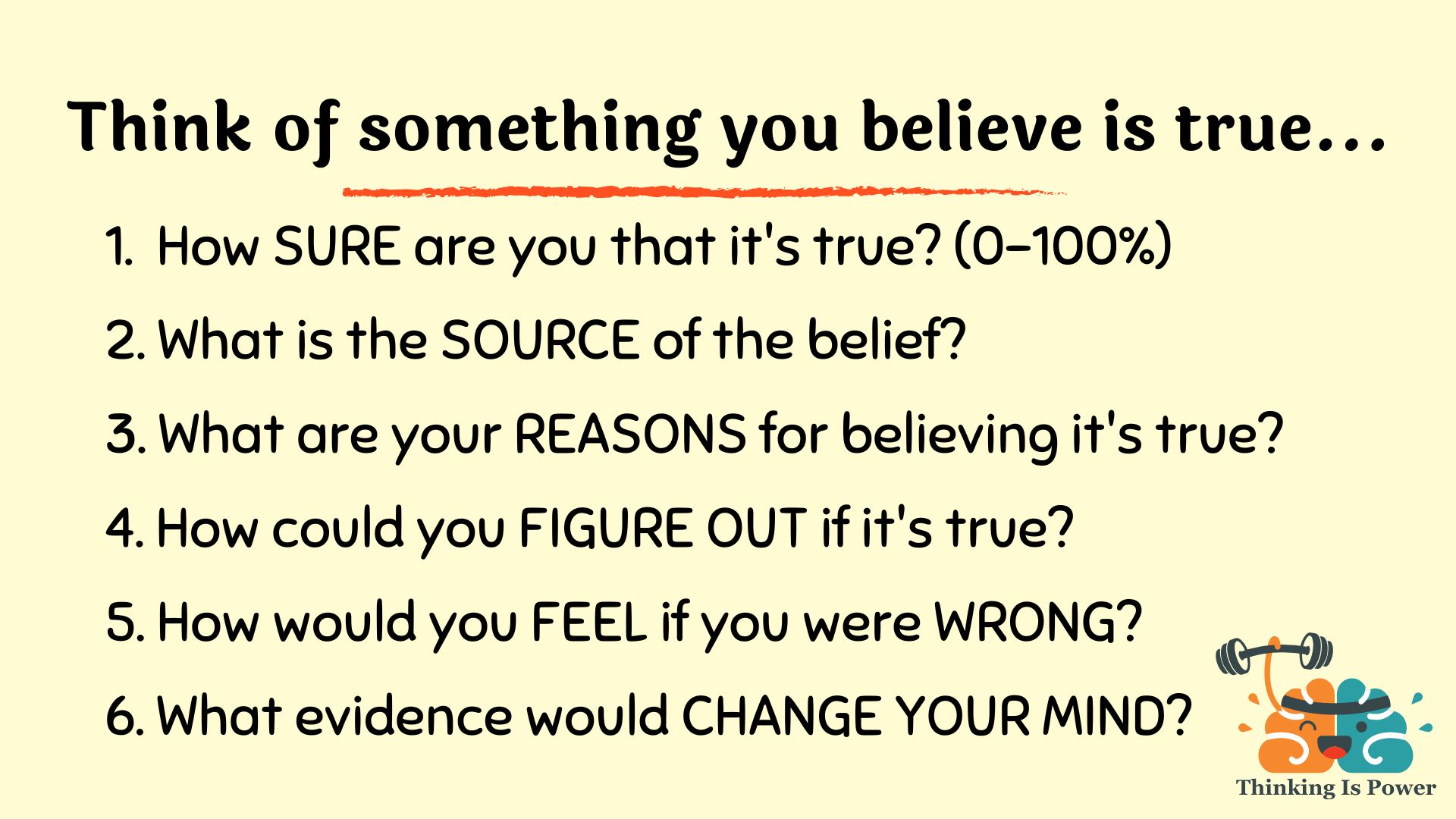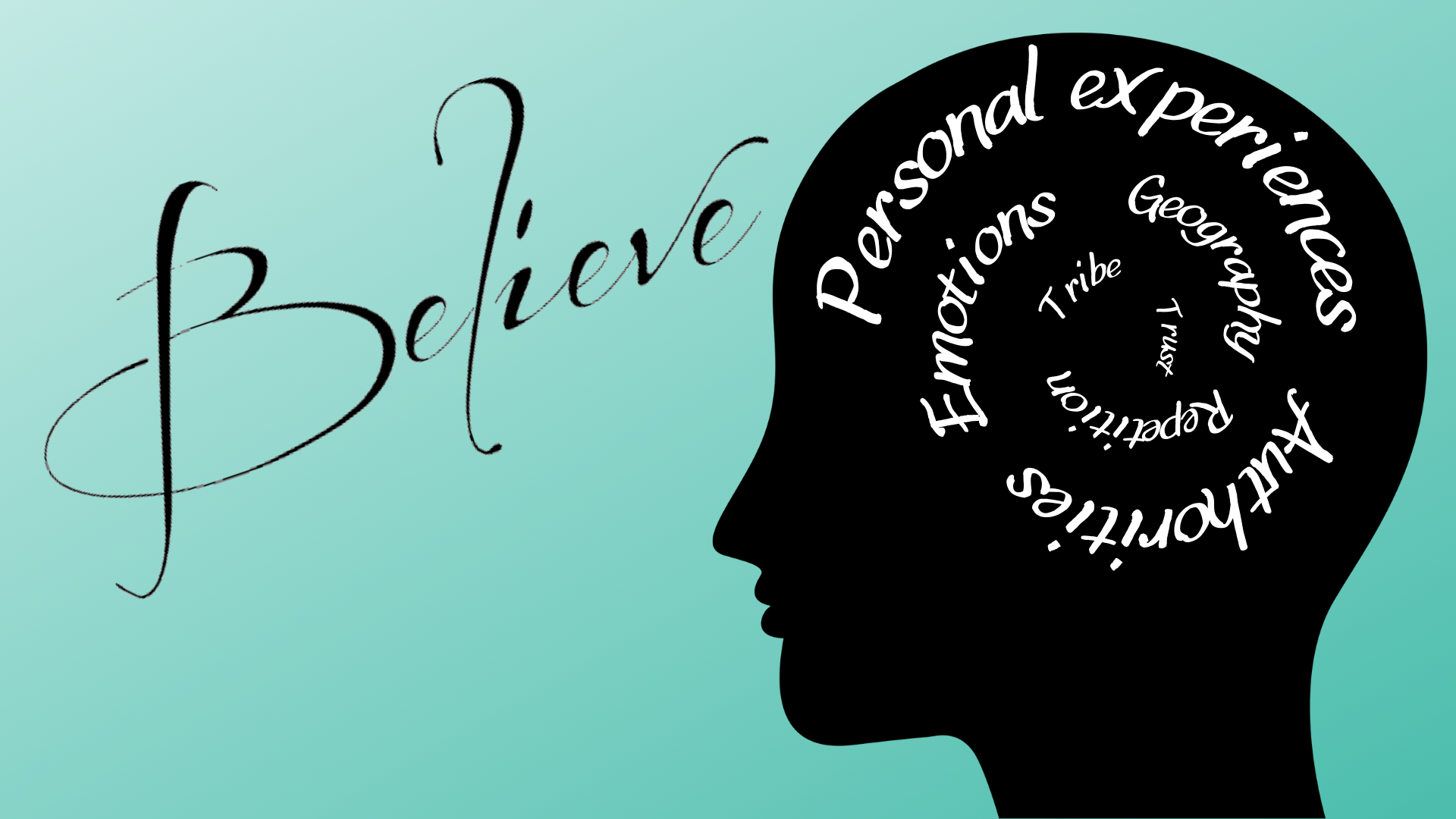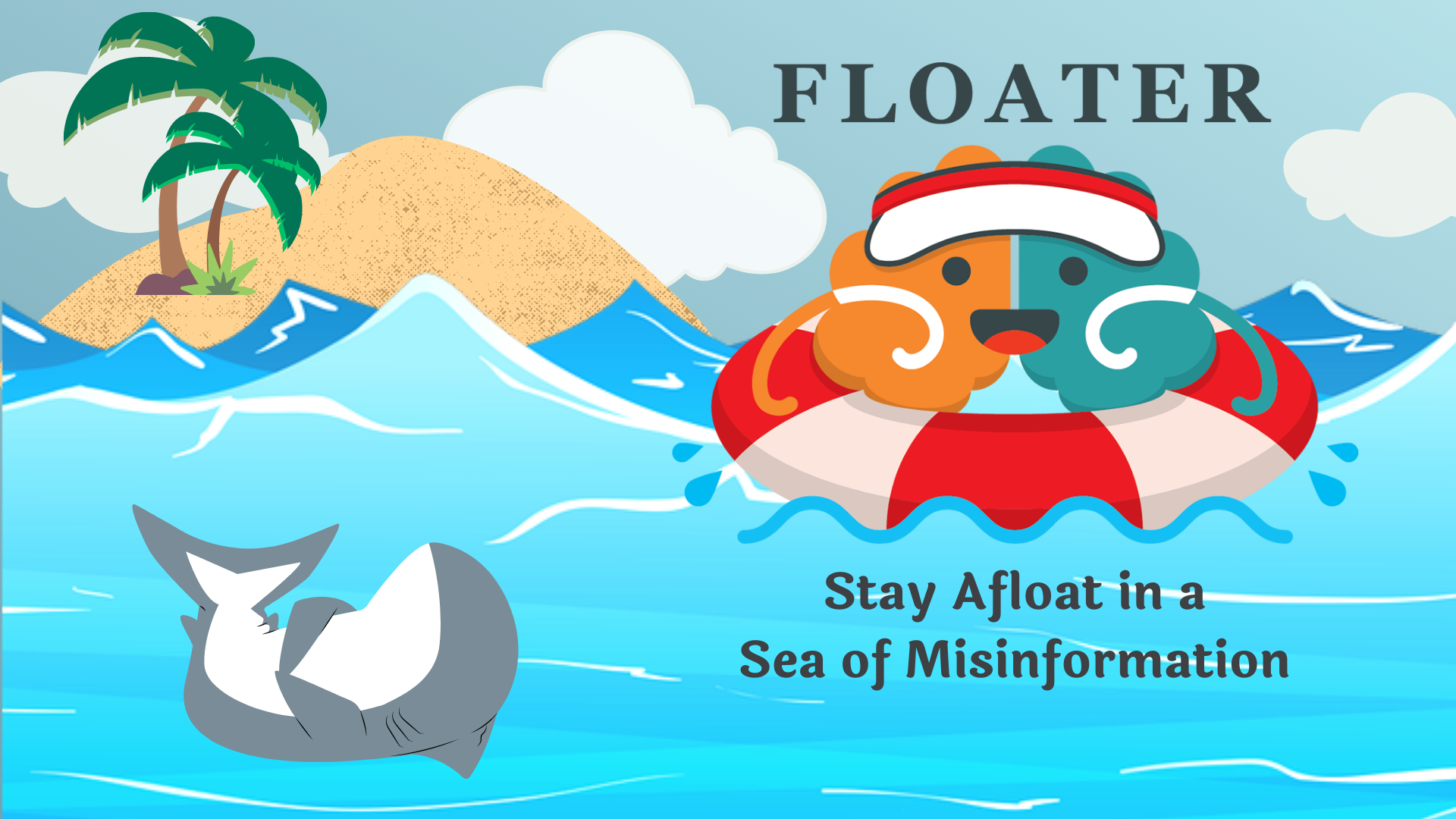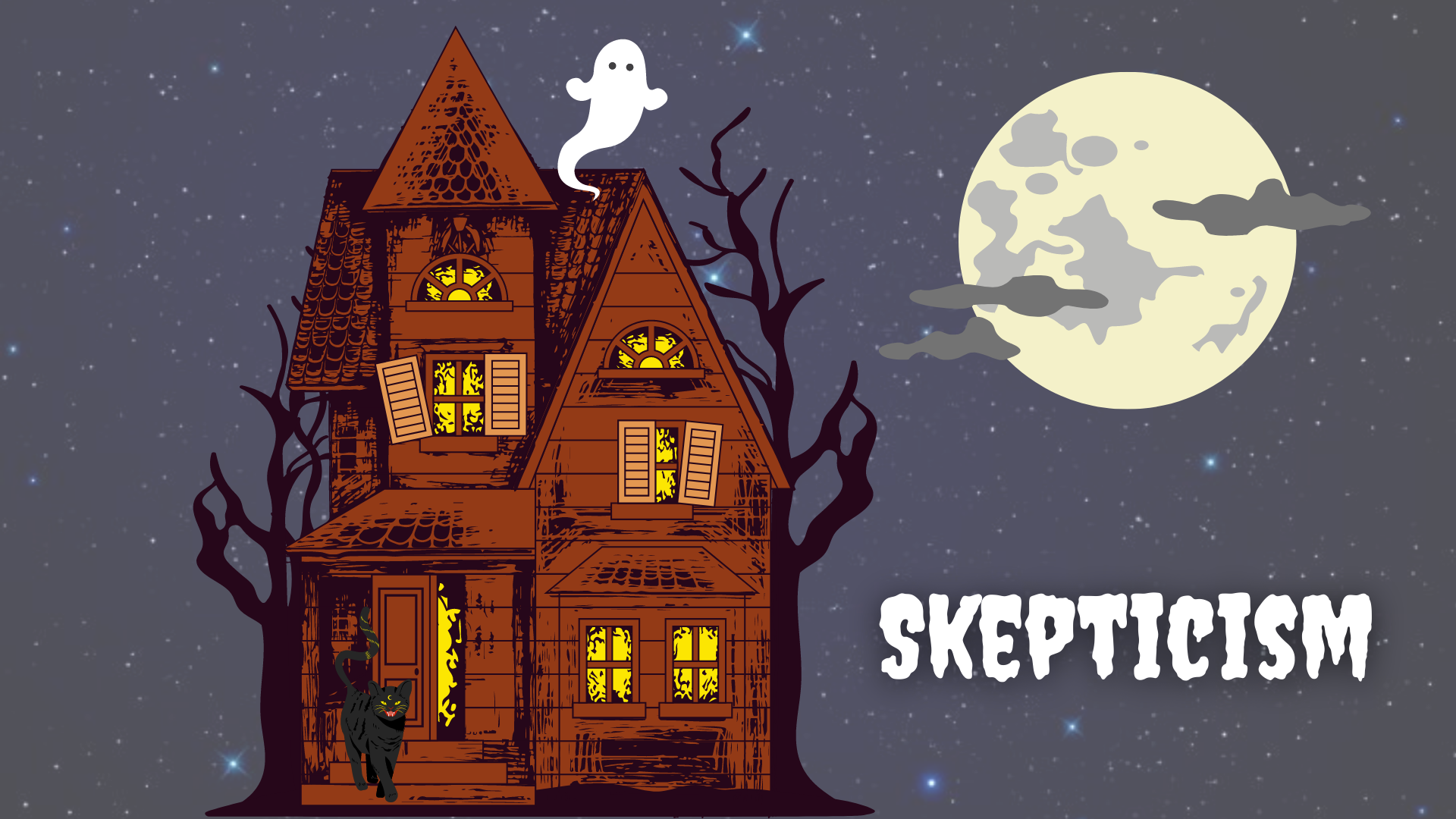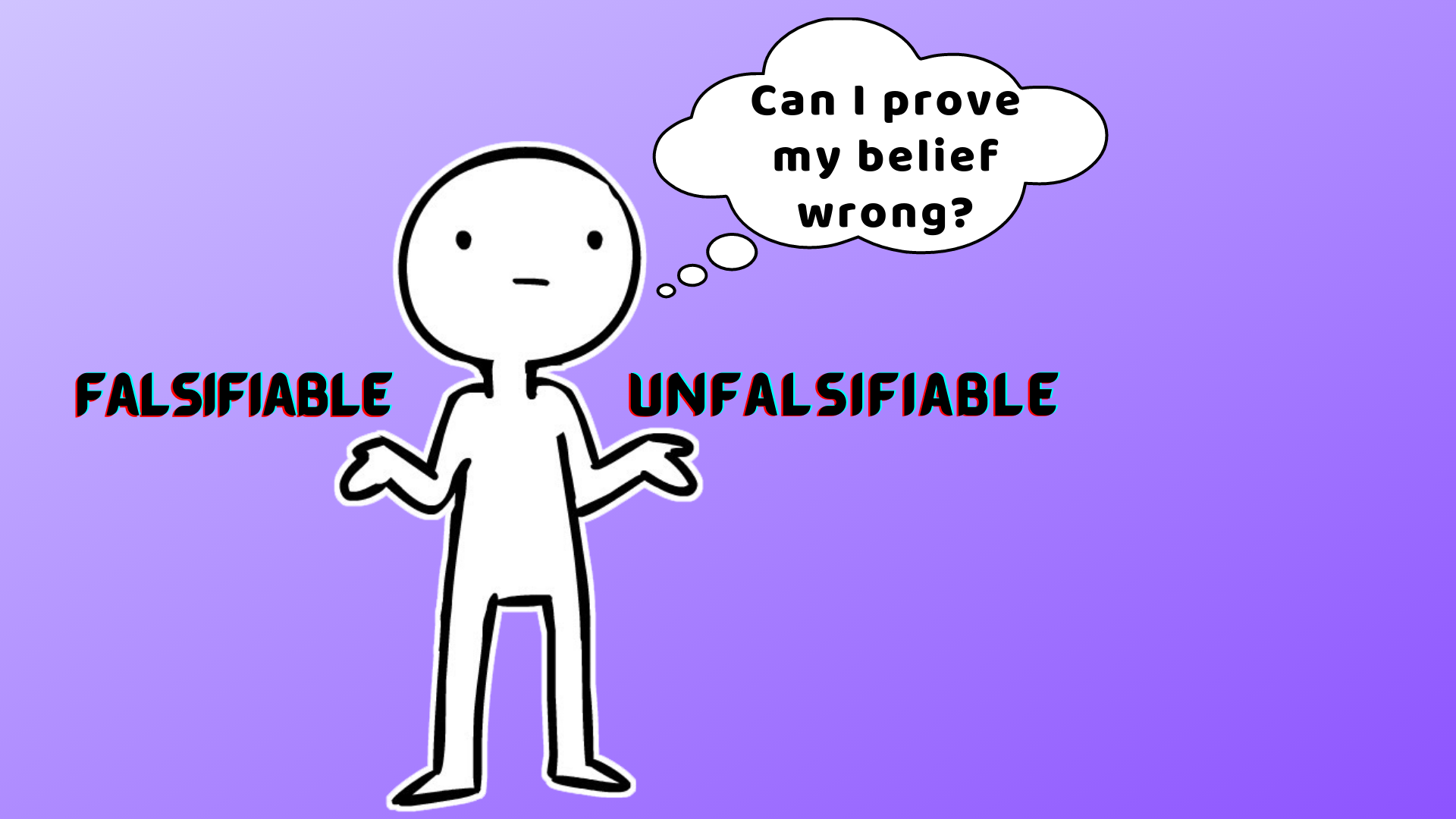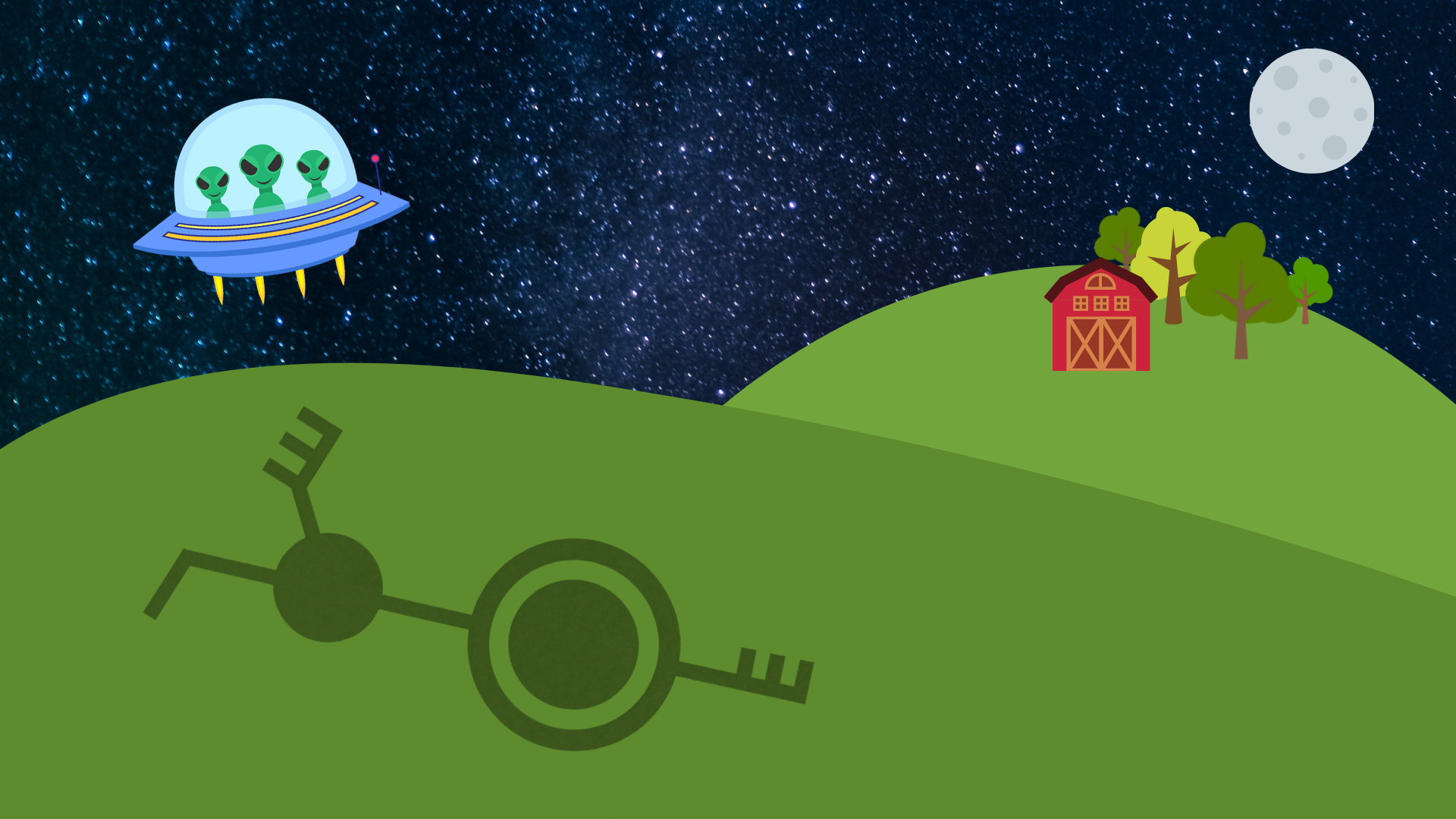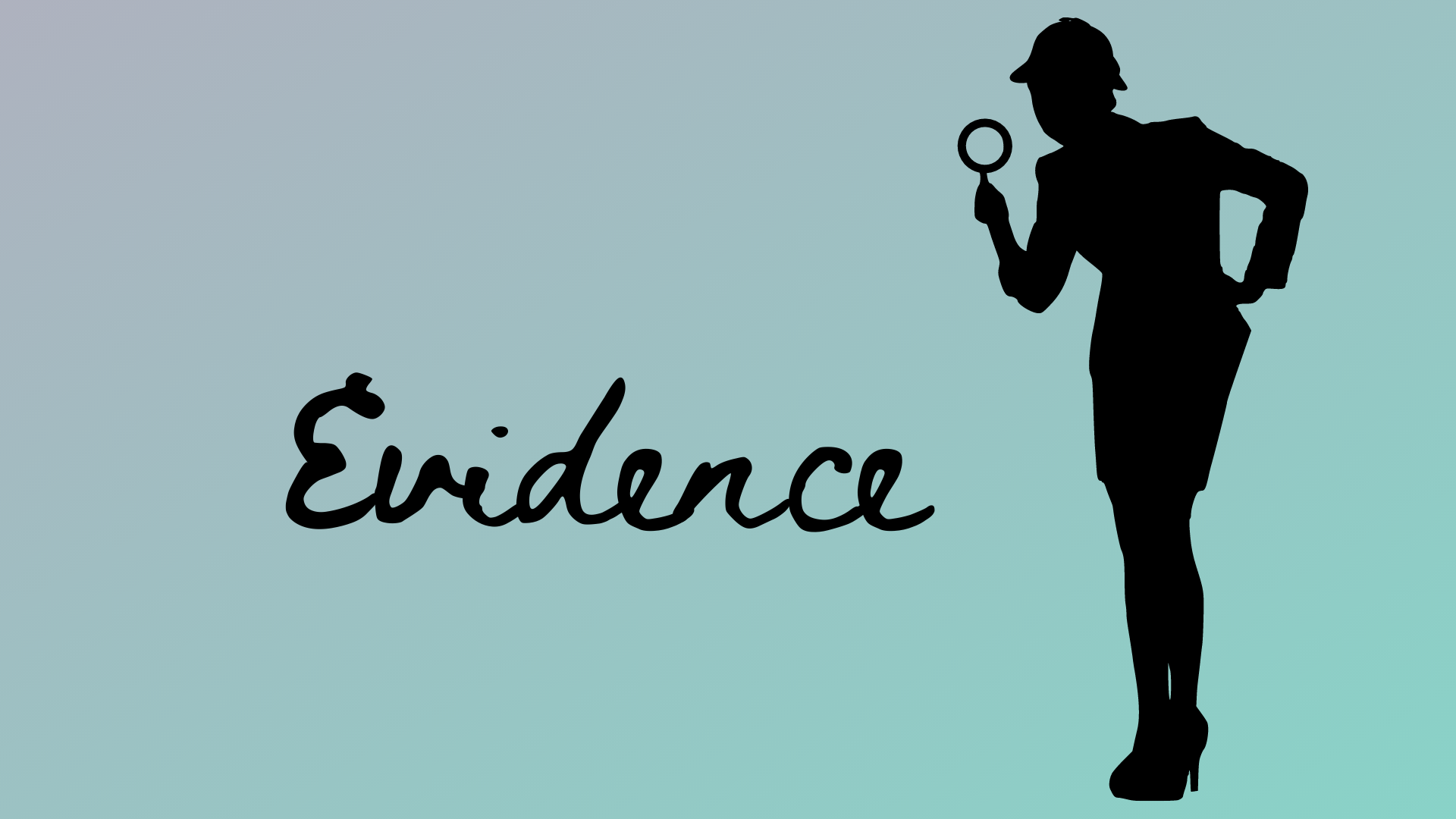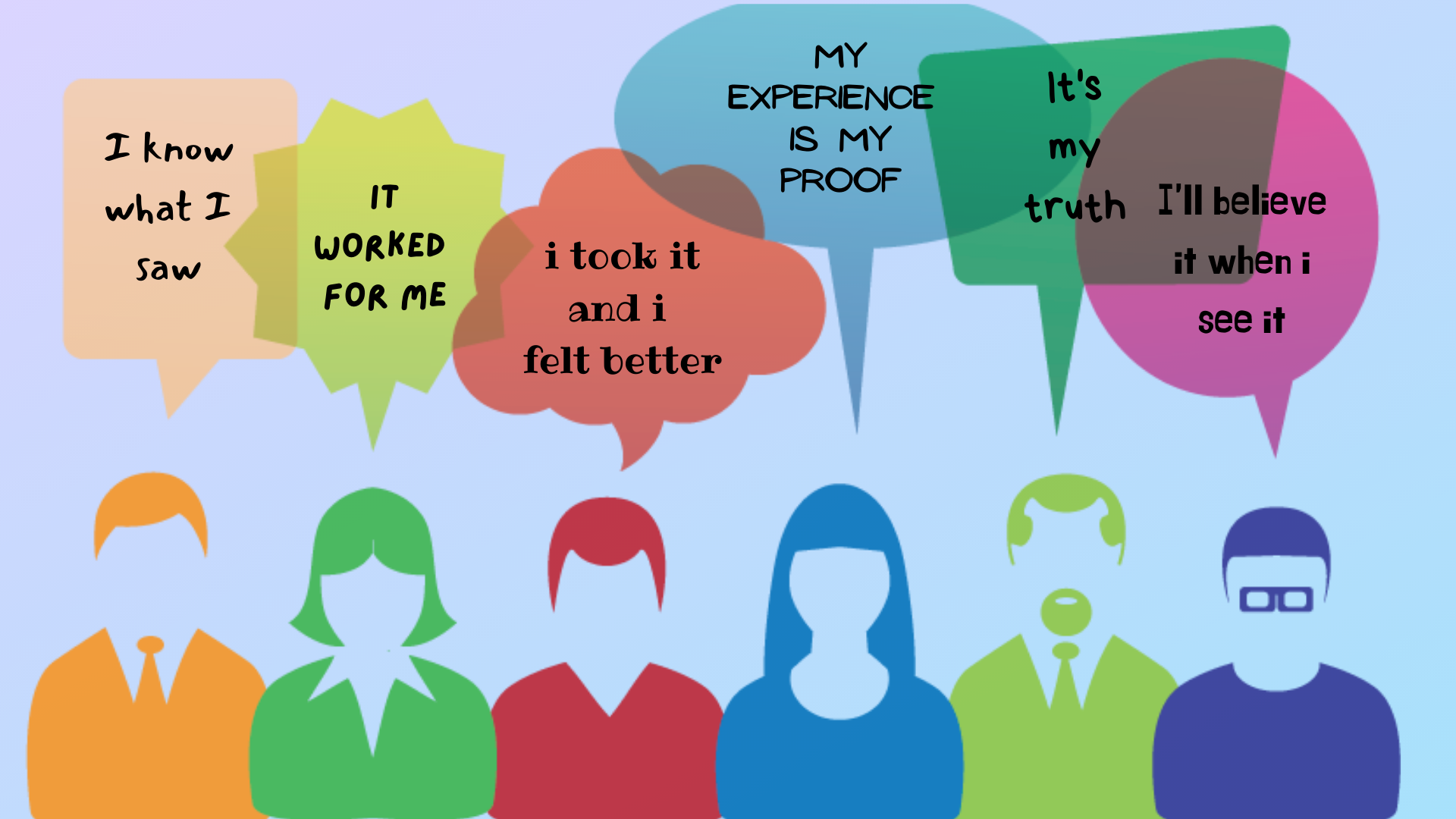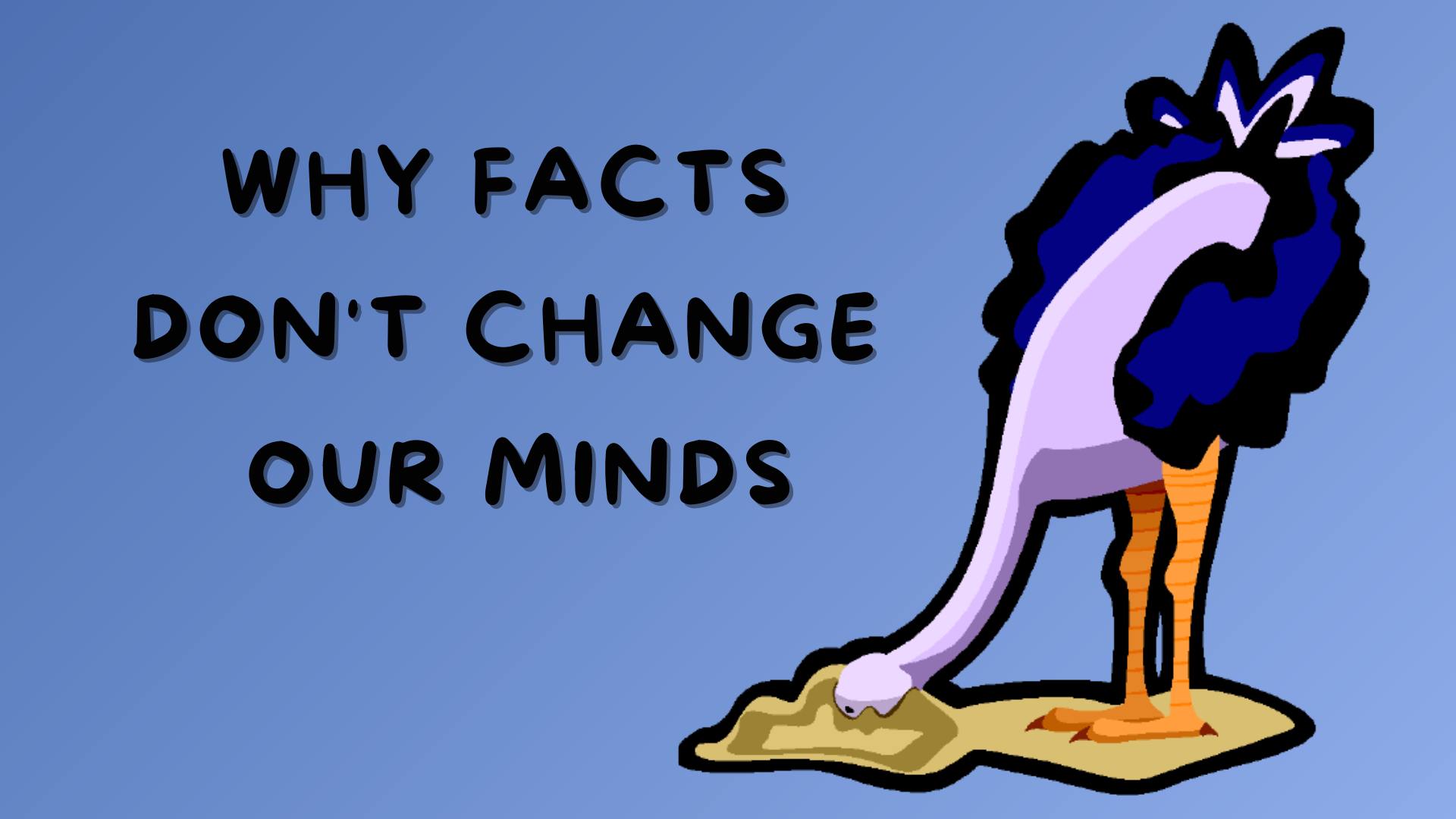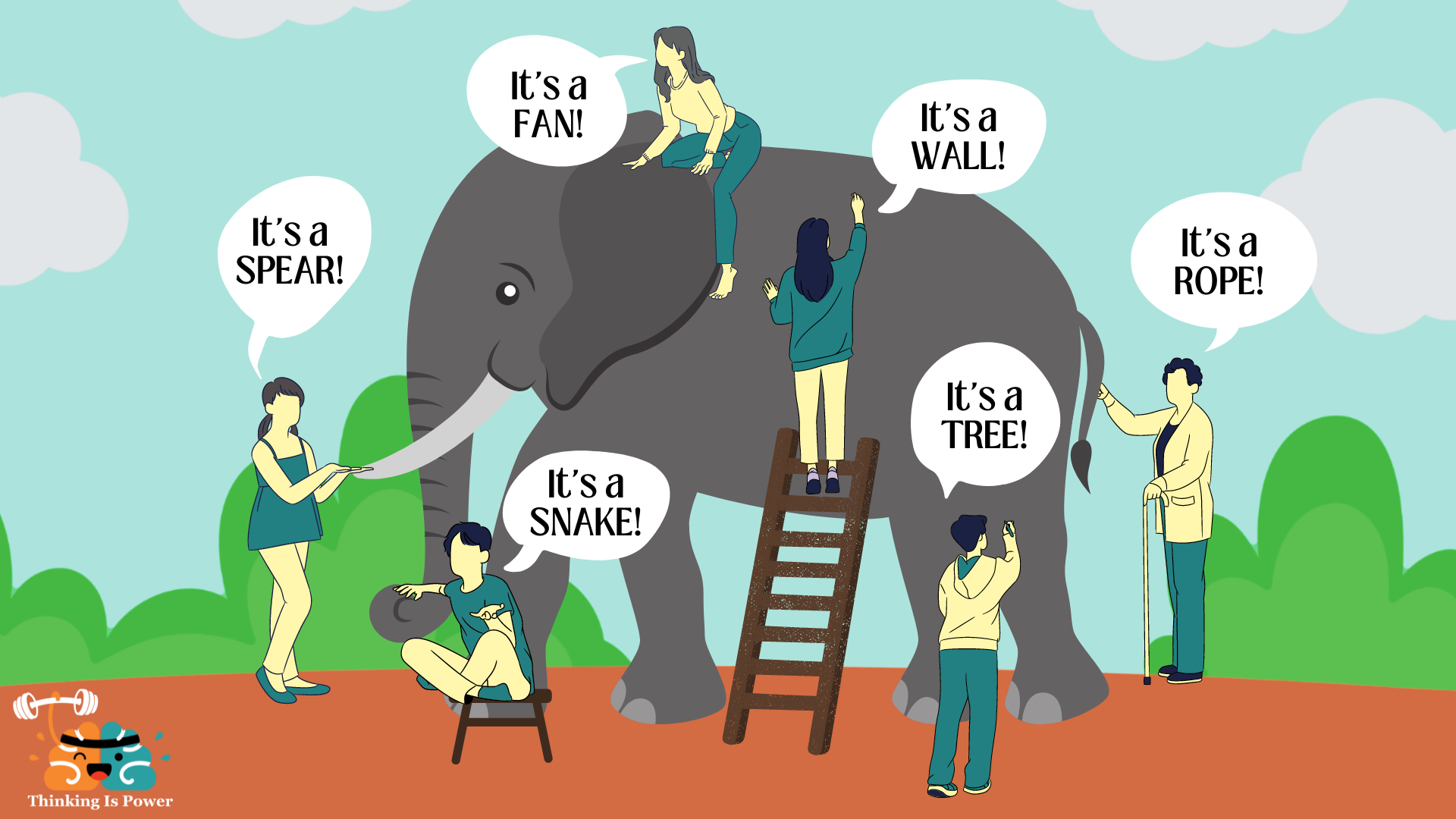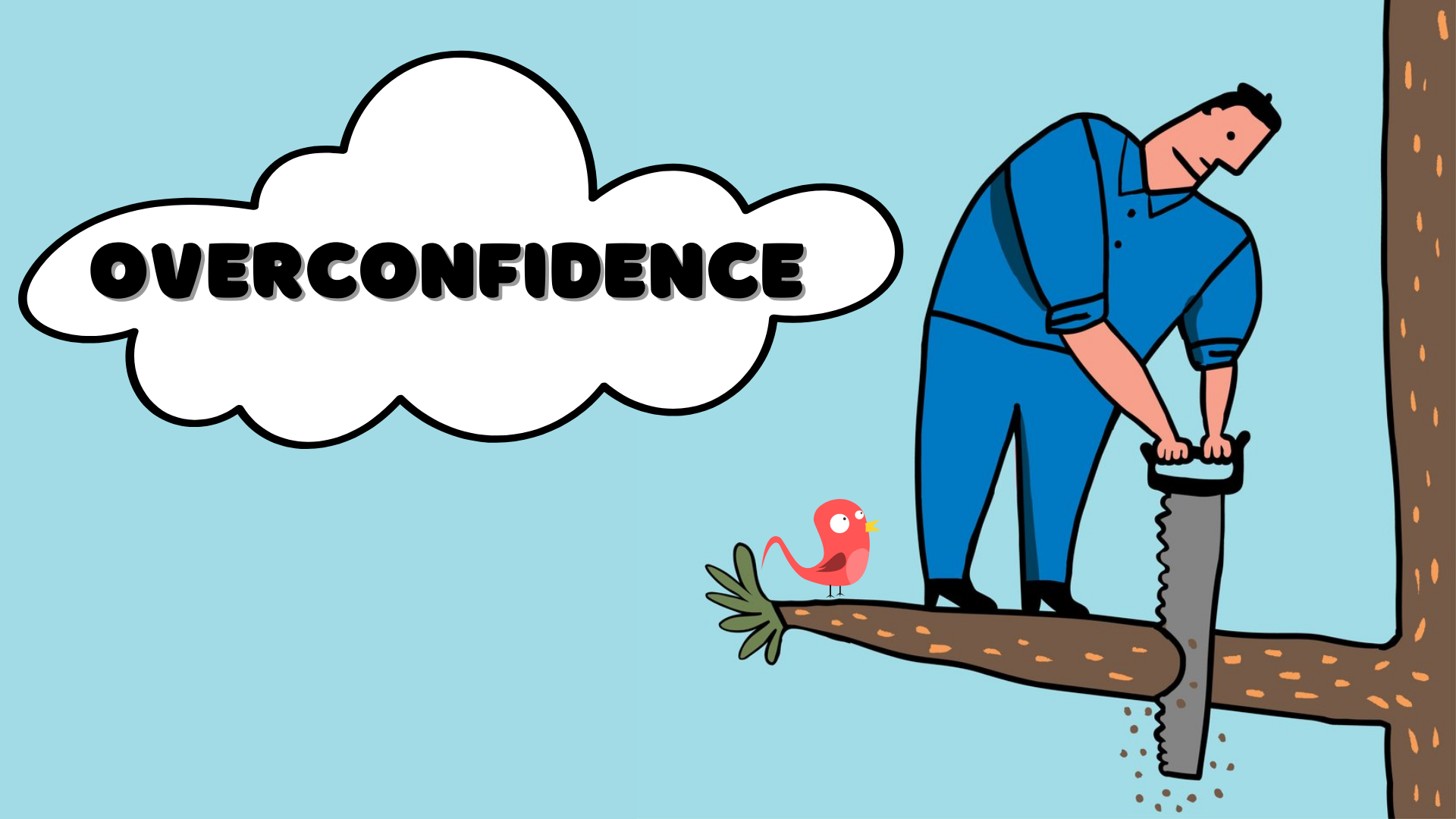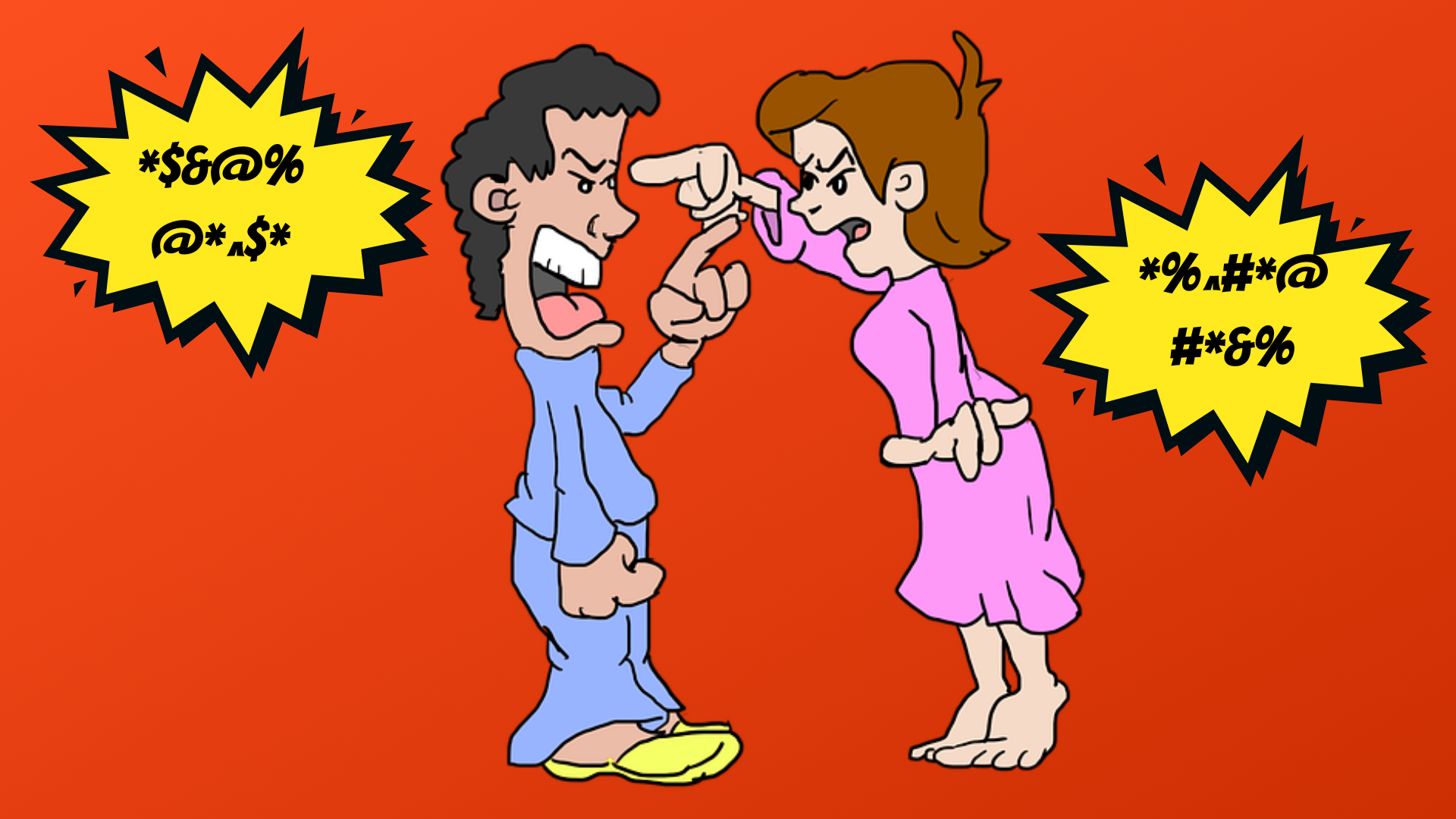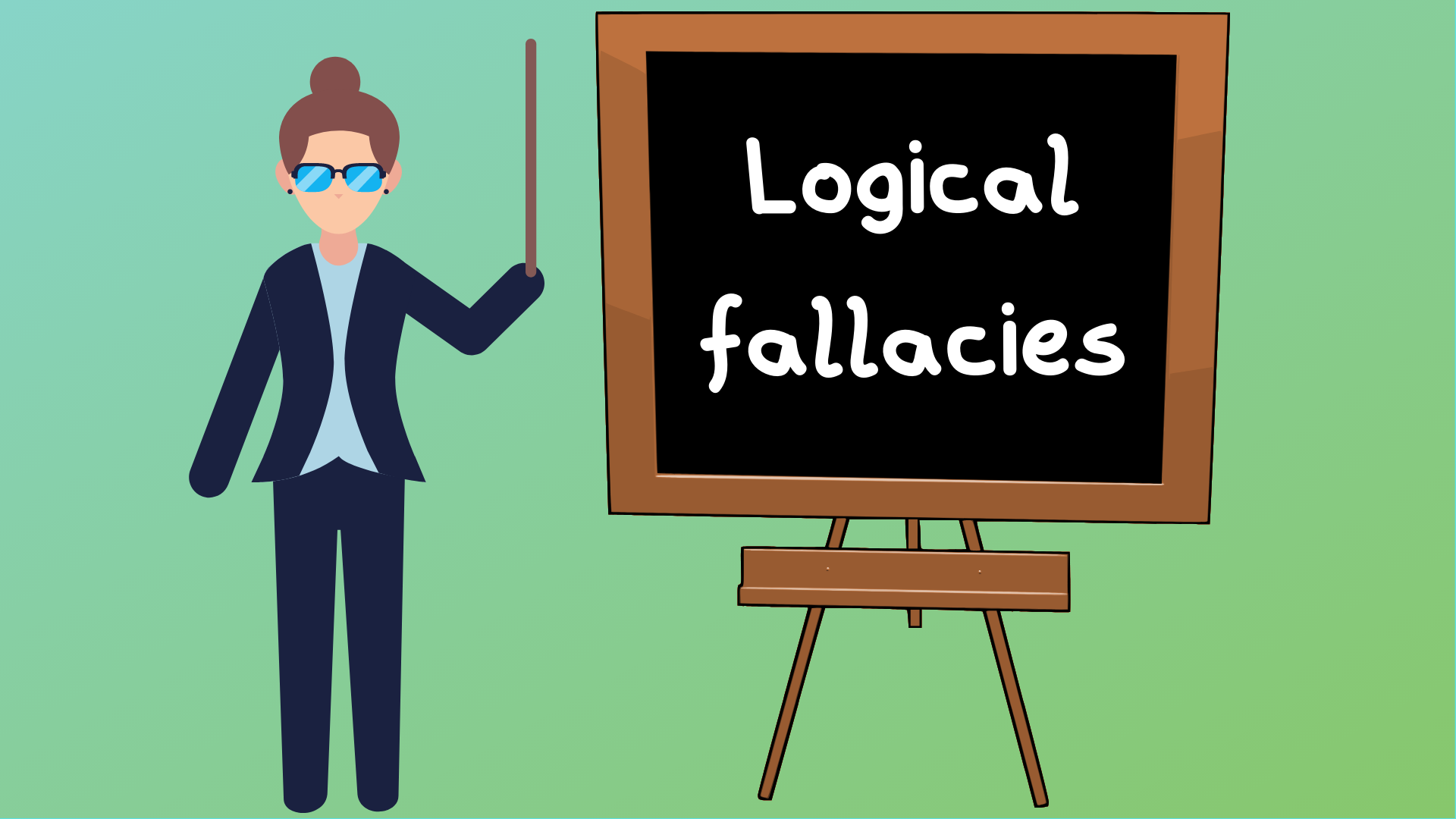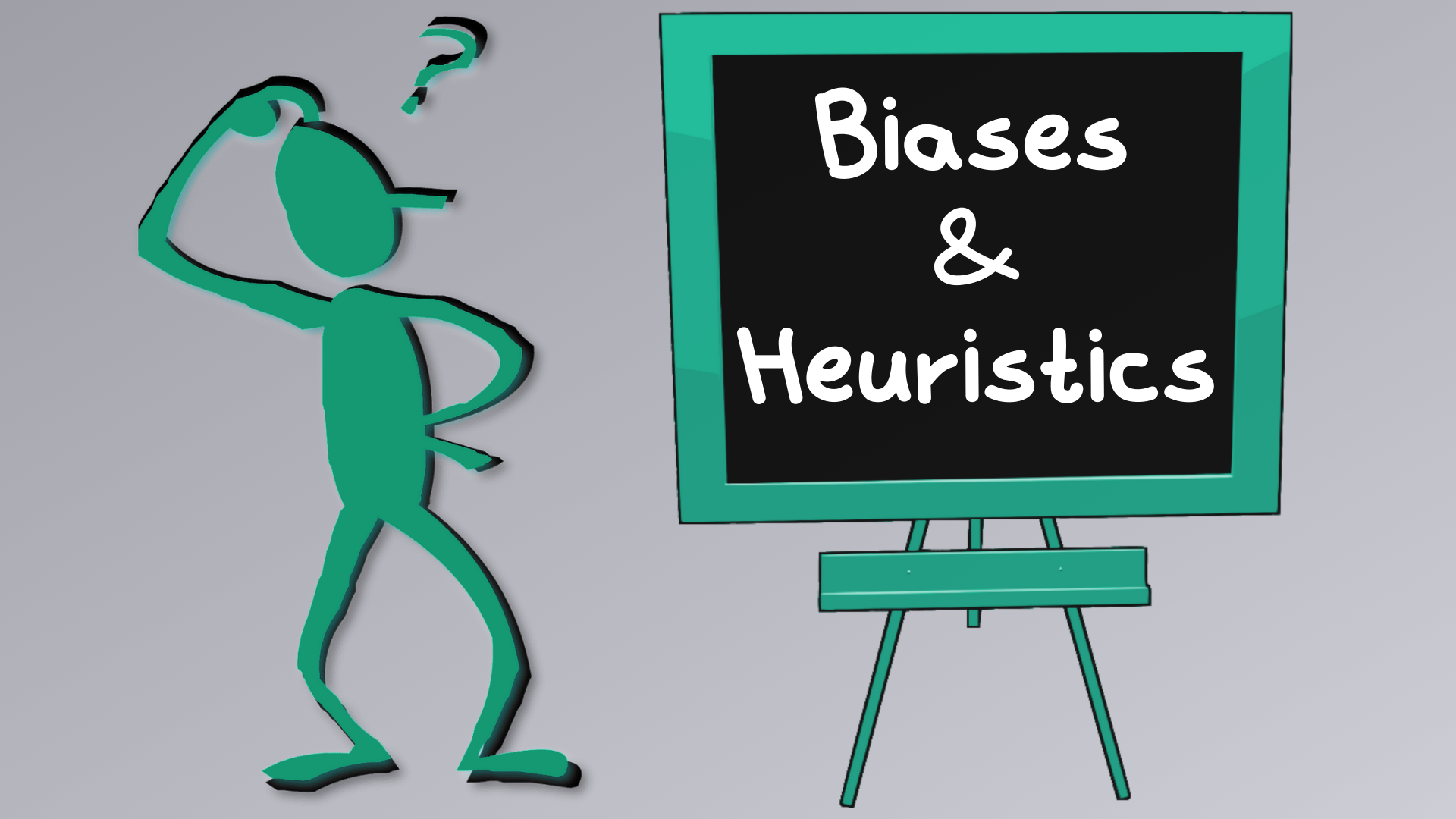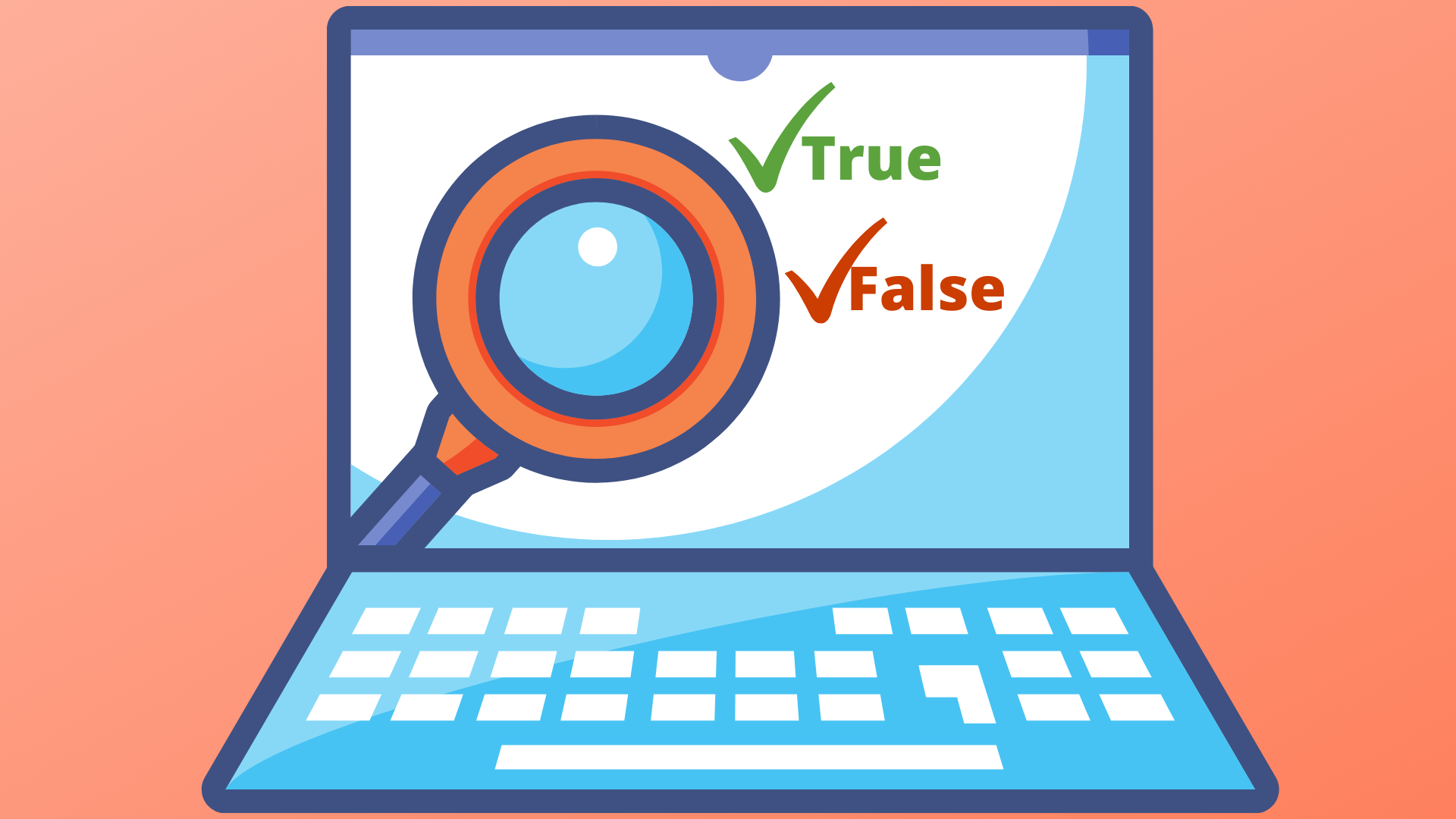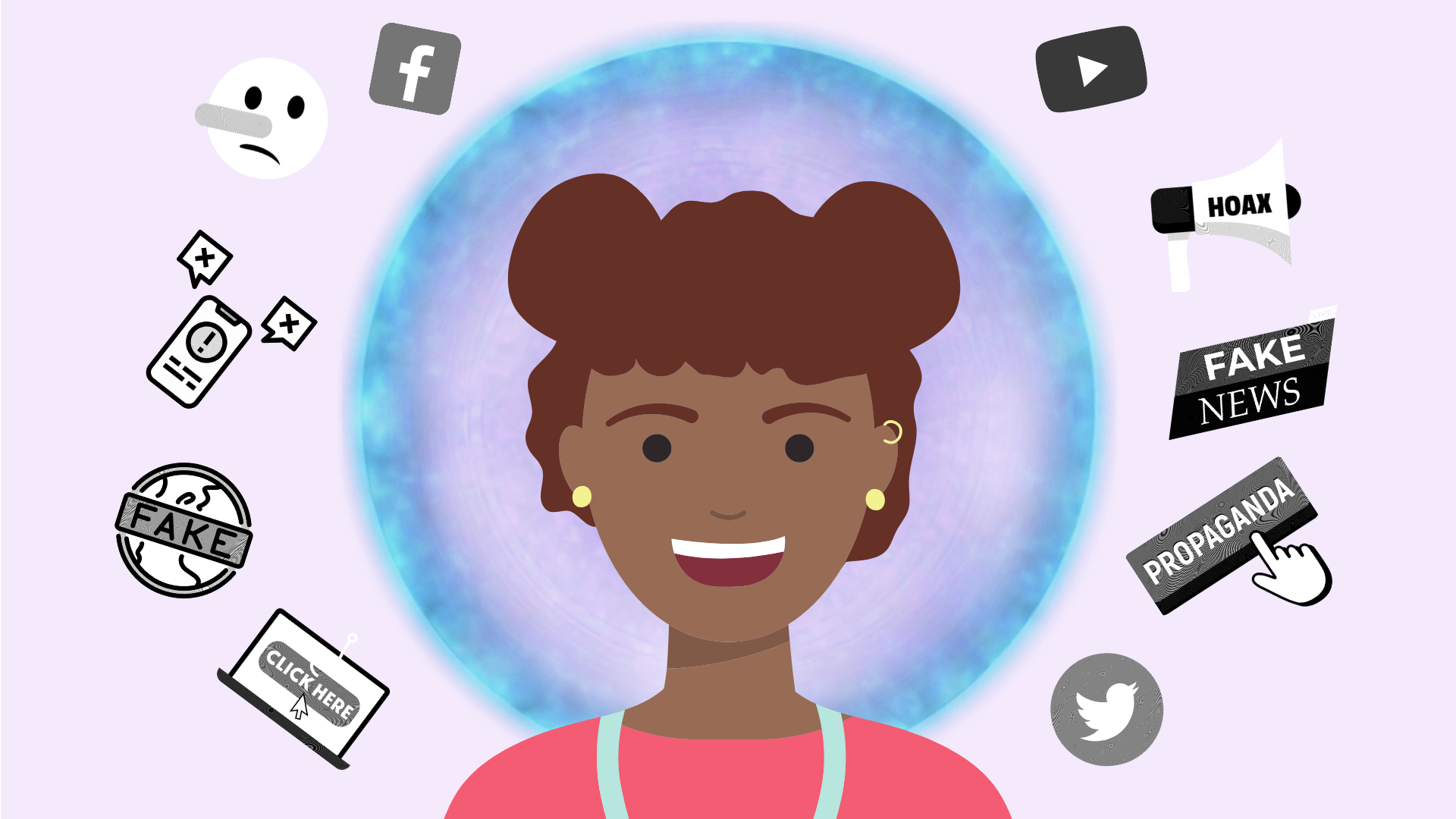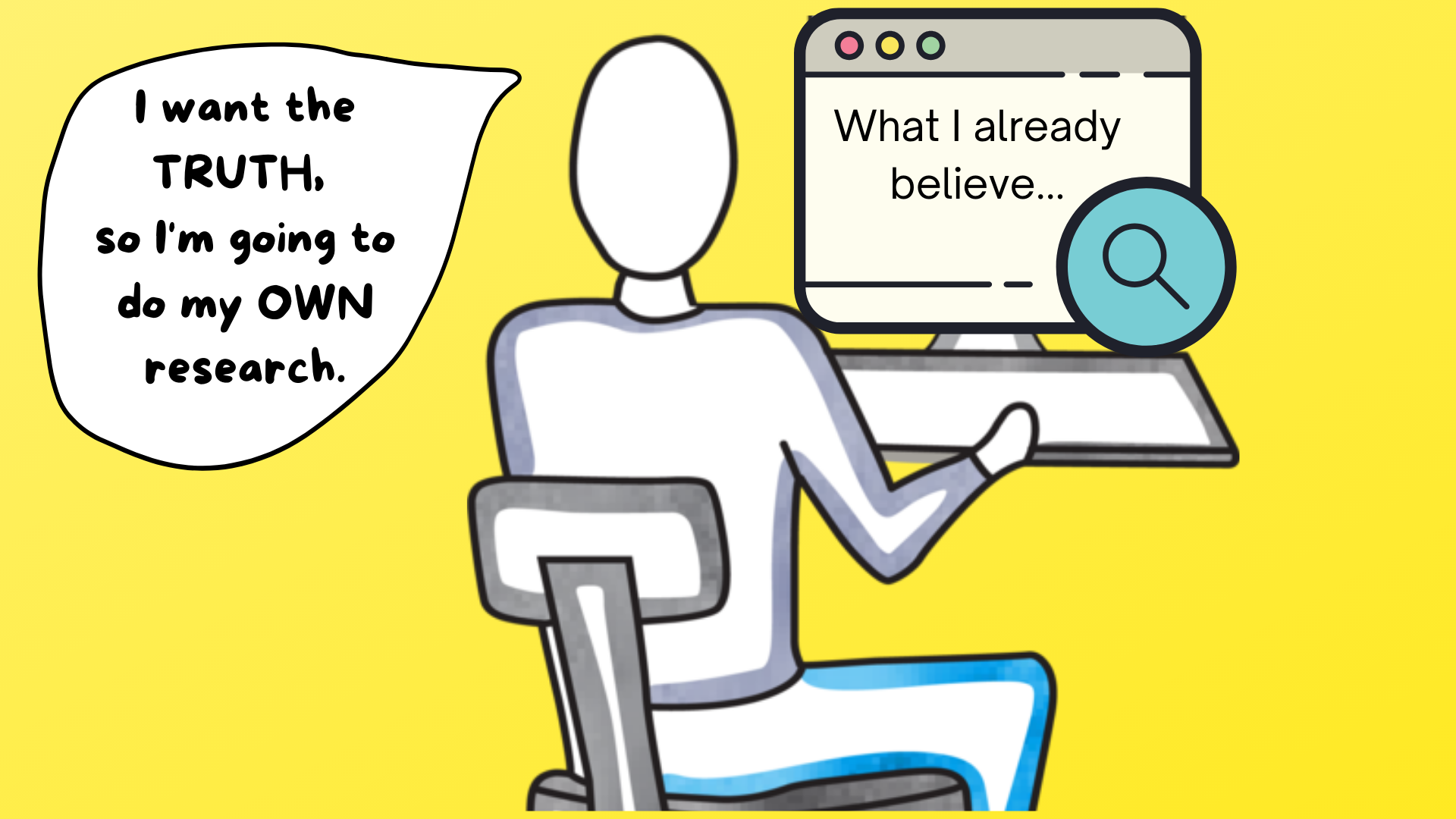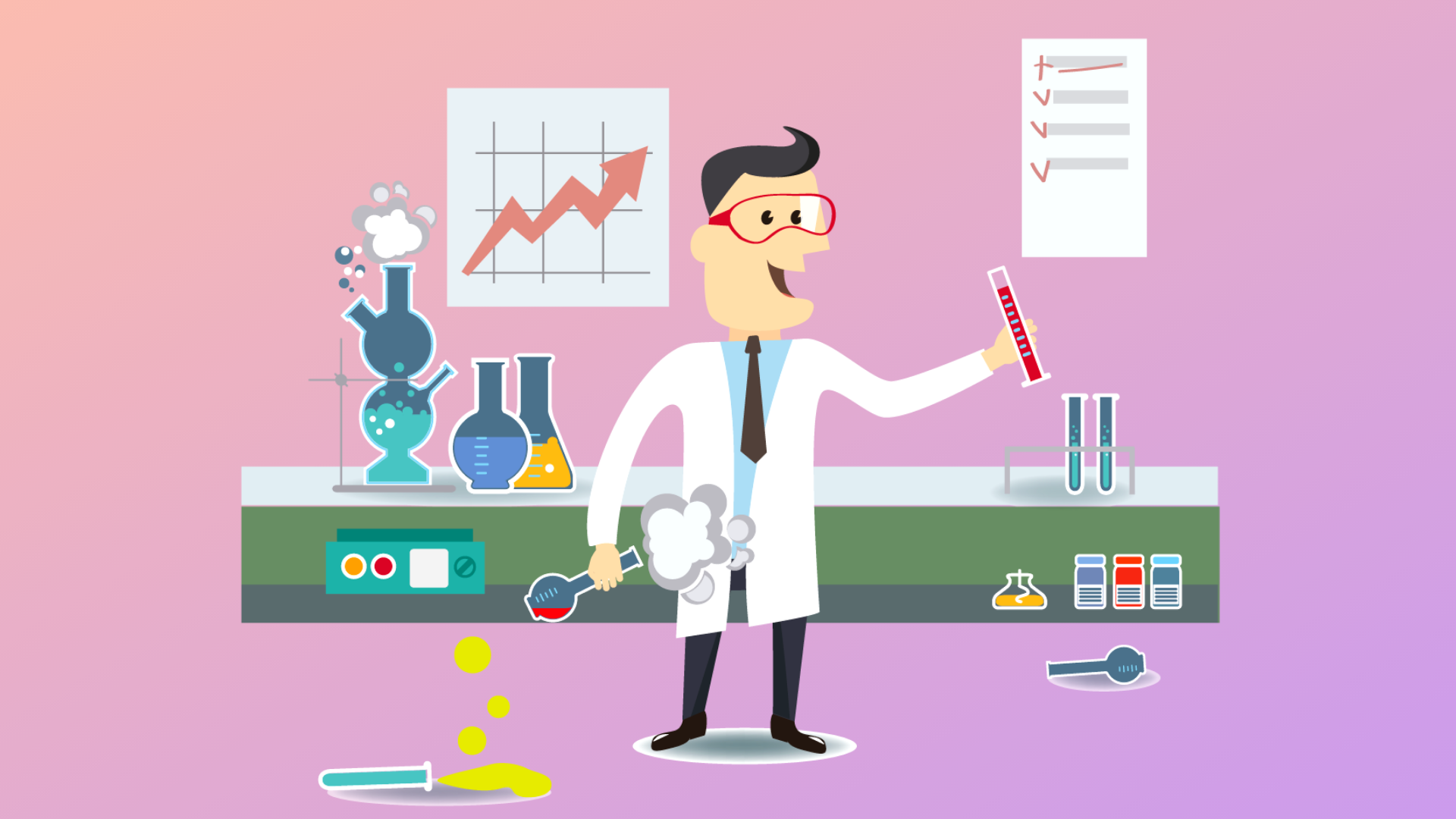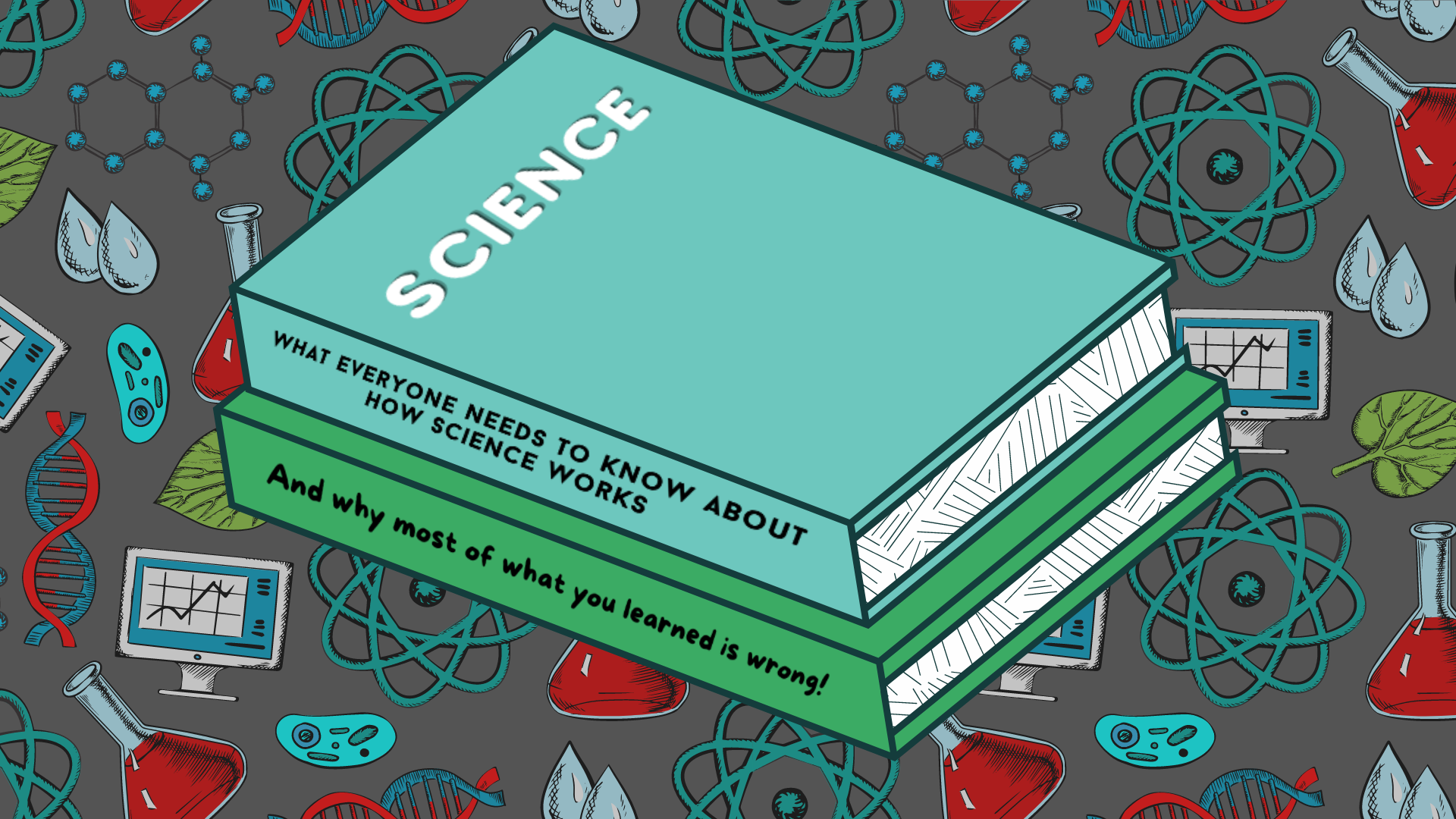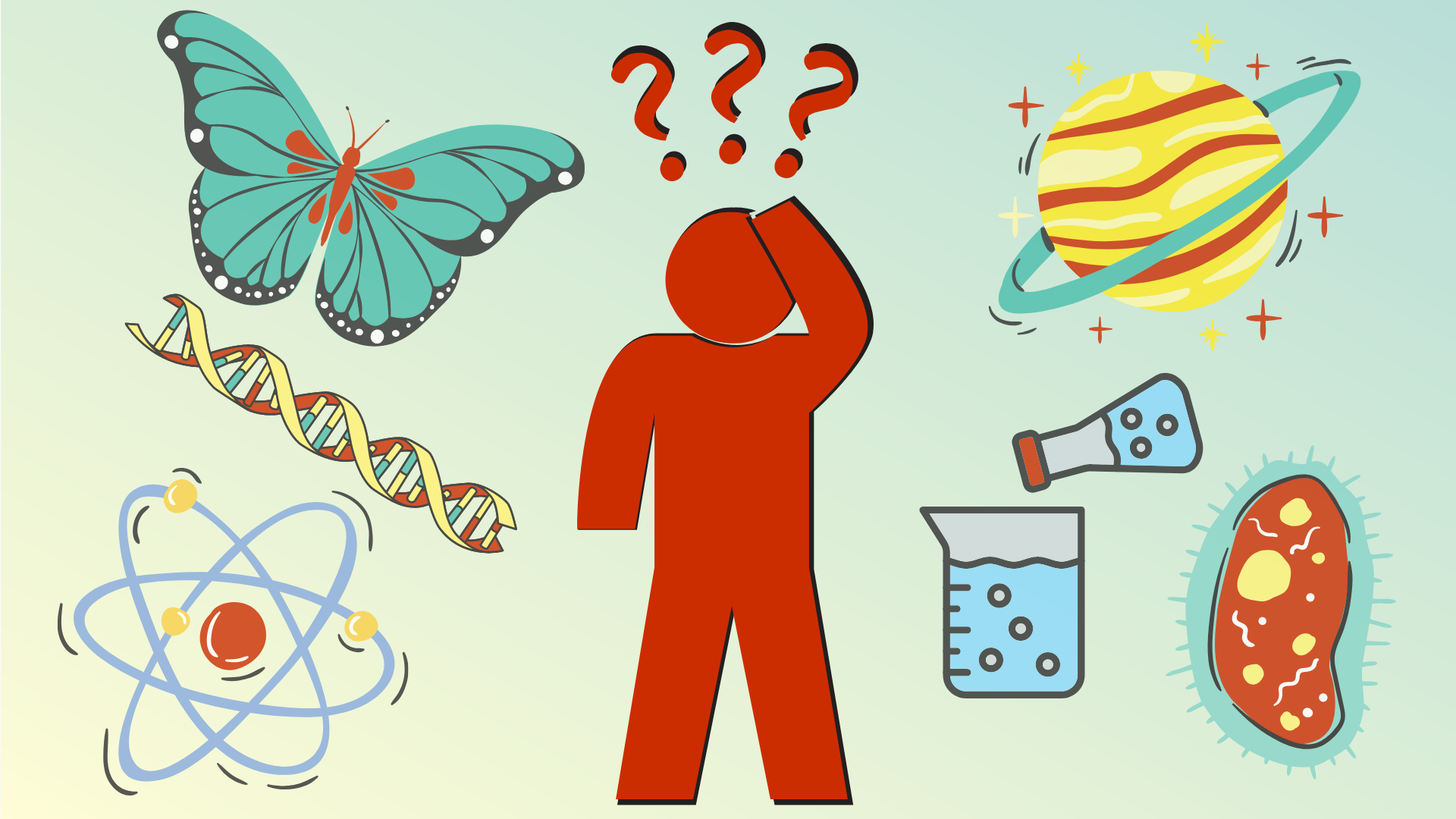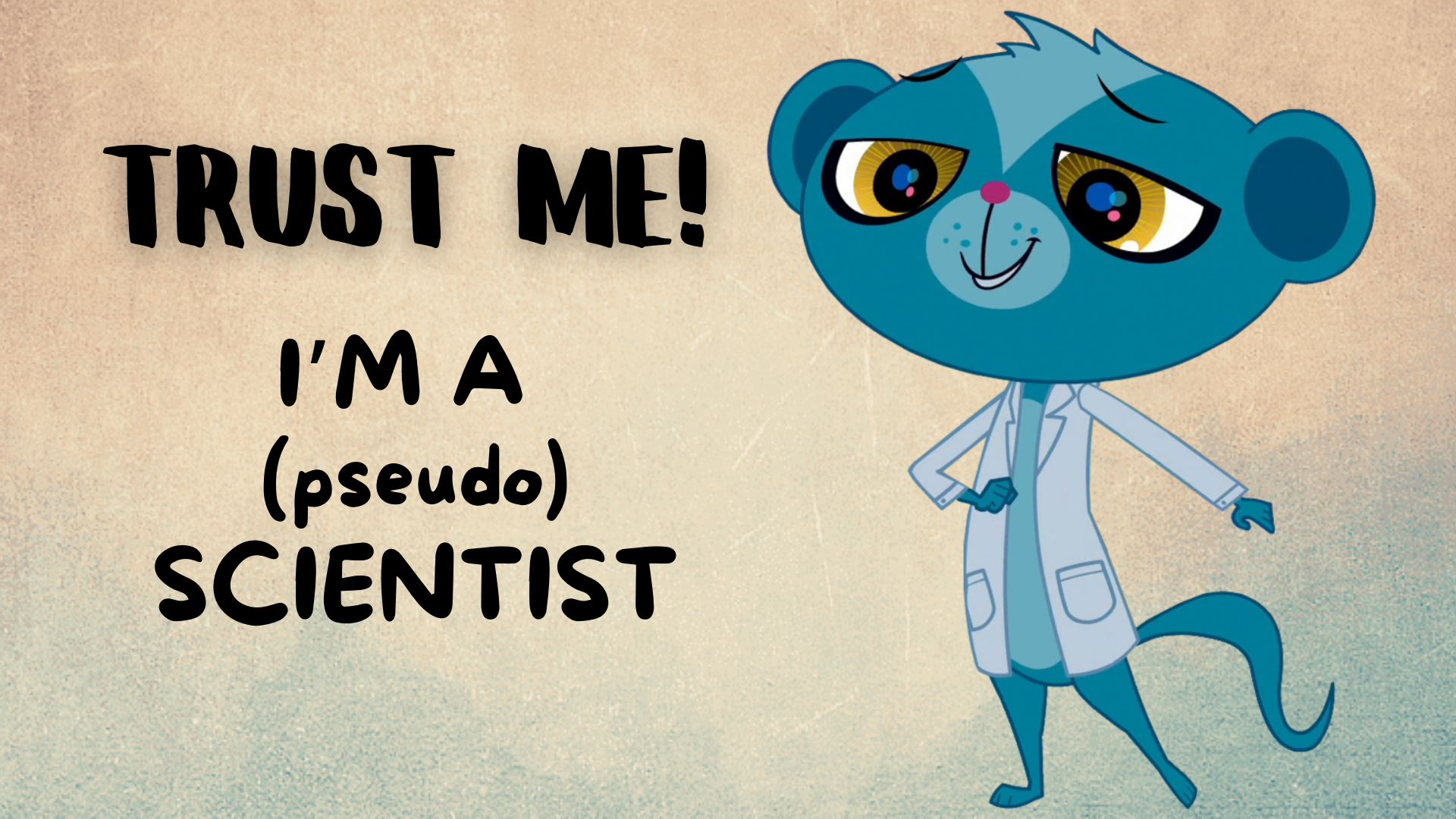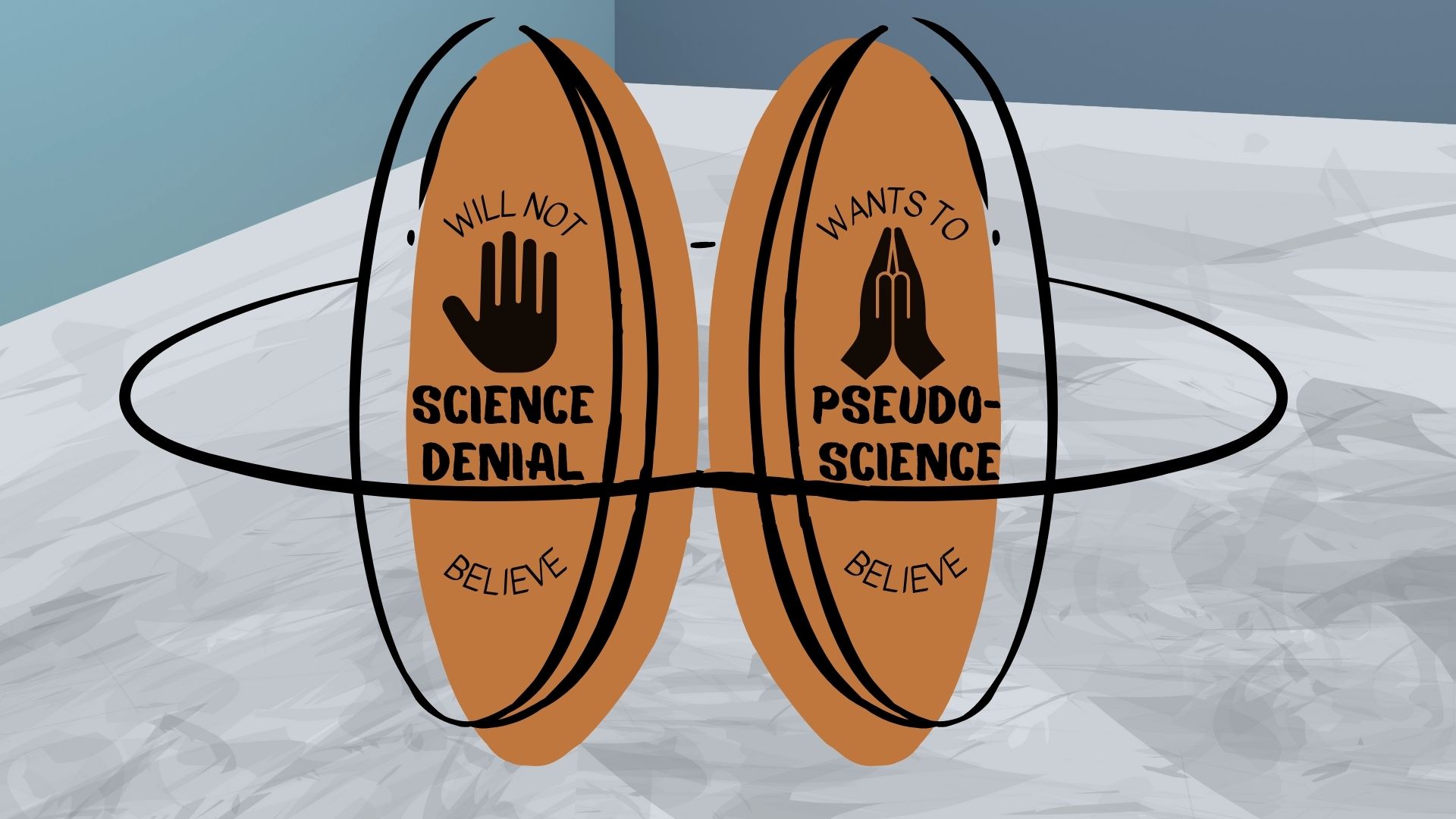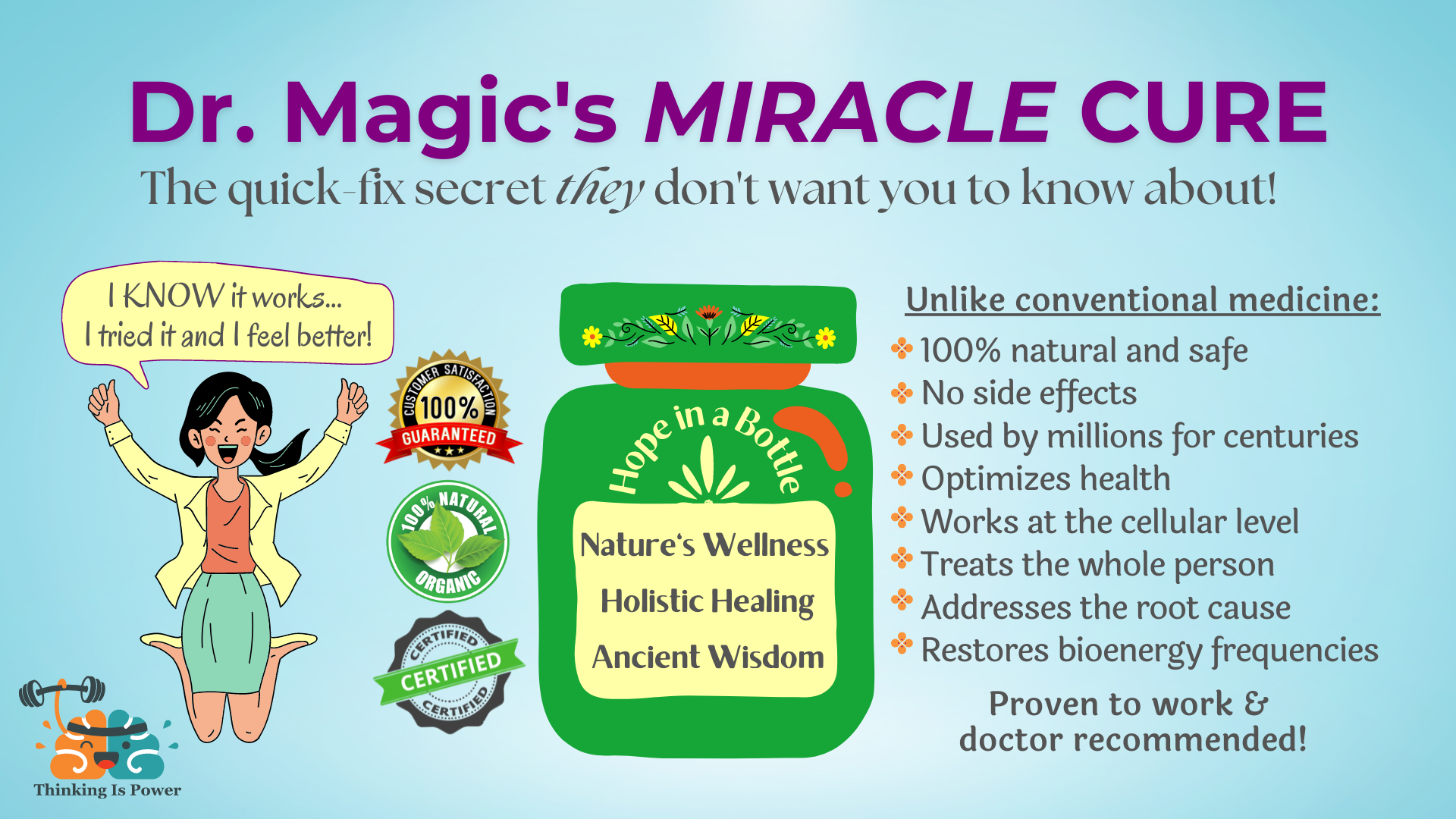
Foundations in Critical Thinking
Foundations is a “mini course” in critical thinking, information literacy, and science literacy. Although the posts are intended to be read in order, feel free to jump around based on your interests. Stay tuned for more…
Important: If you’re new to Thinking Is Power, make sure you Start Here!
Latest Posts
Part 1: Believing and Knowing
Why do you believe what you believe? Do you know what you think you know? Better thinking starts with understanding the irrational ways we form beliefs and how knowing is different than believing.
Part 2: Skepticism
Skepticism is proportioning your beliefs to the evidence. It gets a bad rap, but it’s one of the best ways to discover the truth and avoid being fooled.
Part 3: Don’t Trust Yourself
Richard Feynman famously said, “The first principle is that you must not fool yourself, and you are the easiest person to fool.” Better thinking requires that we recognize the limits of our knowledge and the ways we deceive ourselves.
Part 4: Good Thinking
Just because you think doesn’t mean you’re good at it. Autopilot thinking is error-prone yet overconfident. Better thinking is hard work….it requires training and practice. But it’s empowering!
Part 5: Information Literacy
We are biased and irrational in a world full of misinformation. Since information affects our thoughts and decisions…and even our very perception of reality…it’s essential that the information we consume is reliable.
Part 6: Science
Science is the most reliable method of understanding objective reality. Understanding what science is and how it works can help us make better decisions.
Part 7: Science’s Pretenders
Science’s pretenders misuse science to justify our irrational and biased beliefs. It portrays itself as scientific but doesn’t adhere to science’s method. Learn to spot the difference to avoid being fooled!

